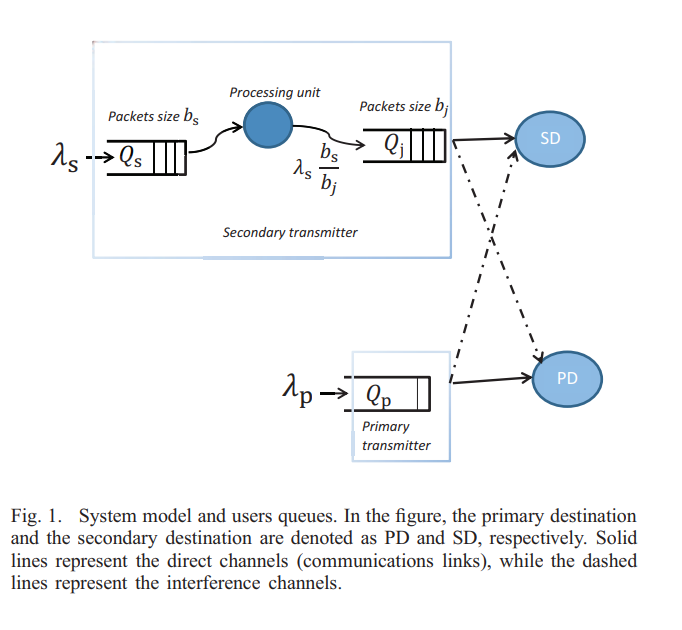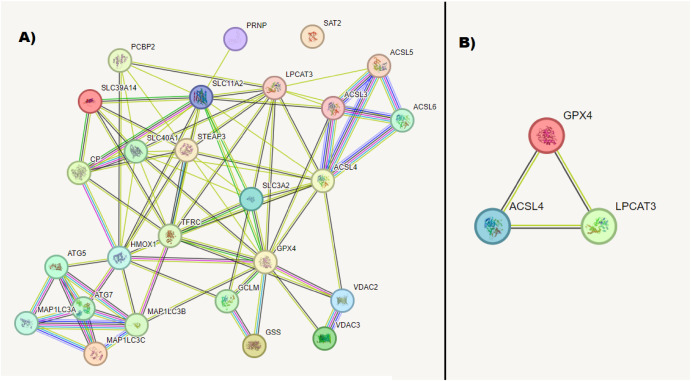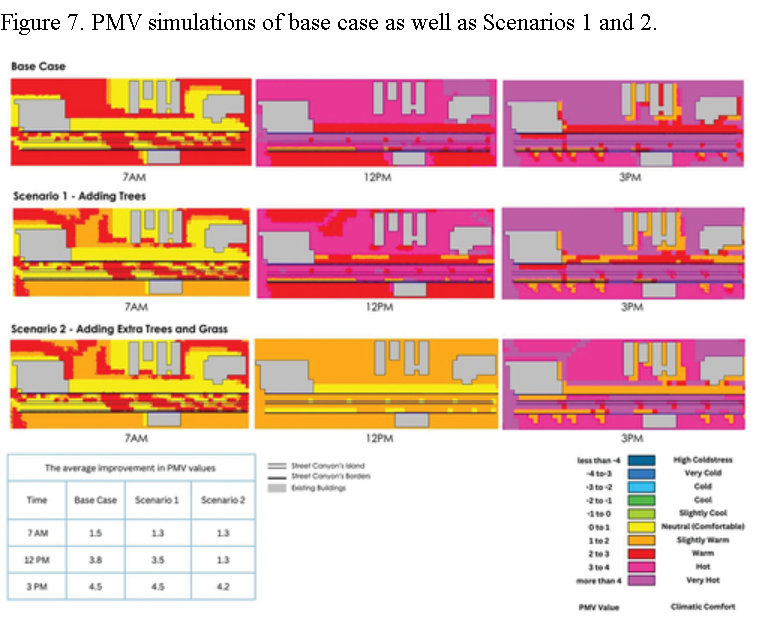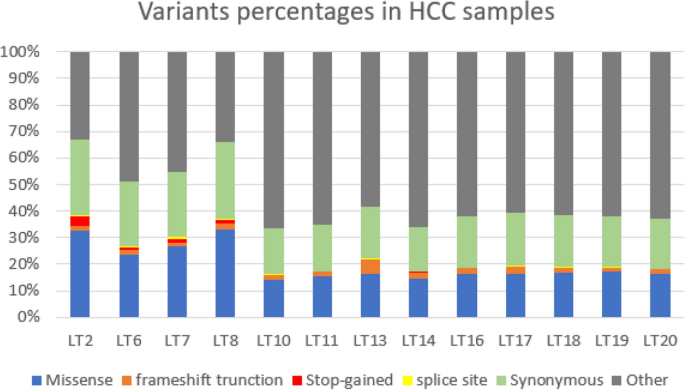

Throughput maximization via adjusting packet size of a buffered cognitive radio user
In this paper, we investigate a cognitive scenario with one secondary user and one primary user. Users are assumed to be buffered terminals. Each user has certain arrival rate with certain packet size. We propose a scheme where the cognitive radio user (secondary user) may combine some of the arrived packets into a single larger packet or split each of them into smaller packets to increase its maximum mean stable arrival rate. We consider sensing errors and study two channel models; namely, collision channel model, where concurrent transmissions cause definite packets loss, and multi-packet reception channel model, where packet could survive from interference if the received signal-to-interference-and-noise-ratio is greater than a certain threshold. When the channel is a collision channel, the objective function of the optimization problem which characterizes the stability region is shown to be log-concave. The optimization problem can be easily converted to a concave program that can be solved efficiently and reliably. When the channel is a multi-packet channel model, the problem is a simple grid search over the divisors and multIPles of the original packets size. The results show the gains of the proposed technique and demonstrate its ability to alleviate the sensing errors' negative impact on the secondary stable throughput. © 2014 IEEE.



